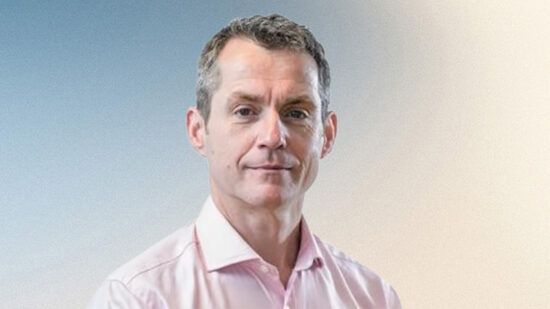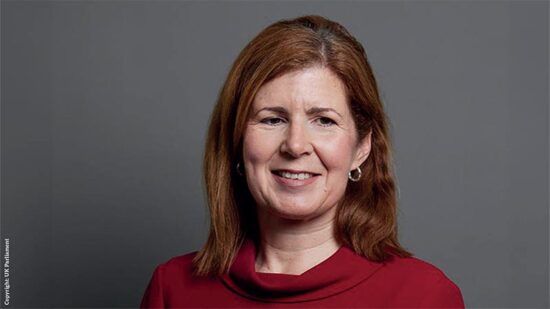It may be too early to have biodiversity-focused funds as there aren’t yet enough companies dedicated to pure solutions in this area, according to Daniel Wild, chief sustainability officer at Swiss private bank J. Safra Sarasin.
Biodiversity products can end up looking very similar in terms of holdings to climate or ESG funds, he said, as there aren’t enough companies focused on nature solutions in the investment universe.
“We do not understand enough about biodiversity compared with, for instance, climate change – we are 10-15 years behind that.
“The biodiversity strategies on the market right now are not very different from traditional green investment funds,” he said in an interview with ESG Clarity for World Wildlife Day.
Biodiversity has increased in focus for investors over the past year with COP15 bringing to light the challenges and risks surrounding biodiversity loss, and where leaders created the Global Biodiversity Framework. Furthermore, ESG Clarity has covered five launches of biodiversity funds or ETFs over the past year.
Wild was also keen to highlight the topic of biodiversity is “huge” and “extremely important” and said more than half of the global economy is directly or indirectly dependent on functioning eco-systems.
He also noted action does need to be taken to address the dramatic decline in monitored populations – this has dropped 68% since 1970, according to the Global Living Planet Index.
But he said more research needs to be done and more companies focused on “pure plays” within biodiversity for these funds to be populated.
“It is difficult to see how there are biodiversity funds really driven by biodiversity… Companies can either focus on solutions that positively contribute to the challenges of biodiversity loss or they can have strong exposure to biodiversity and are looking at how they can deal with the issues they are having.
“There aren’t enough pure plays and solutions providers out there yet.”
He added, however, this could be an opportunity “maybe in the private market” for companies to come up with more solutions and attract investment.
Activities and impact
J. Safra Sarasin, which runs funds with collectives and then has a range for investing in other funds, was one of the first signatories to the Finance for Biodiversity Pledge. It has been carrying out extensive research into biodiversity, according to Wild, and is using the public tool Encore, which looks at 150 activities that have a biodiversity impact, allowing the team to work out where companies in their investment universe are exposed.
Recently, the team have been focused on water and agriculture themes within biodiversity.
“Agriculture is very strongly linked to biodiversity and we have been looking at production methods with a lower impact on the environment.
“Precision agriculture is an area we like; instead of bringing out pesticides in large amounts for crops, farmers can use forms of technology, such as sensors, to calculate which part of the crop needs treatment – this makes the crops receive the right amount of fertiliser, pesticide and water in the correct amounts without wastage.”
On water, he added: “I’m a water engineer by training so it’s my favourite topic. Everything related to the water value chain is extremely important and has huge growth potential.”








